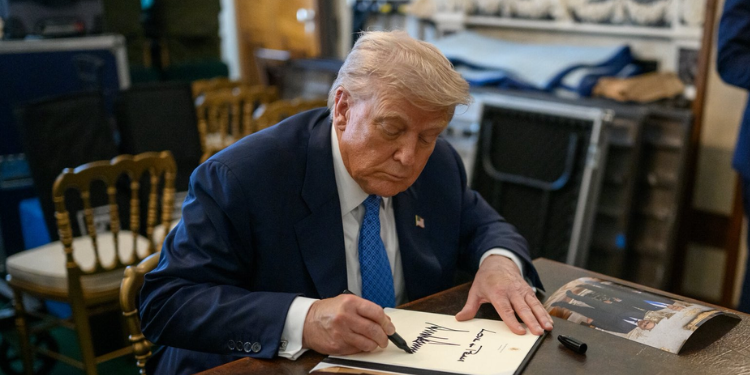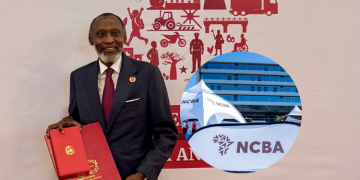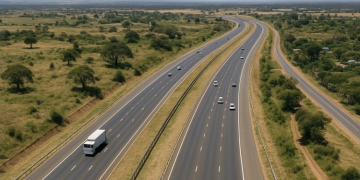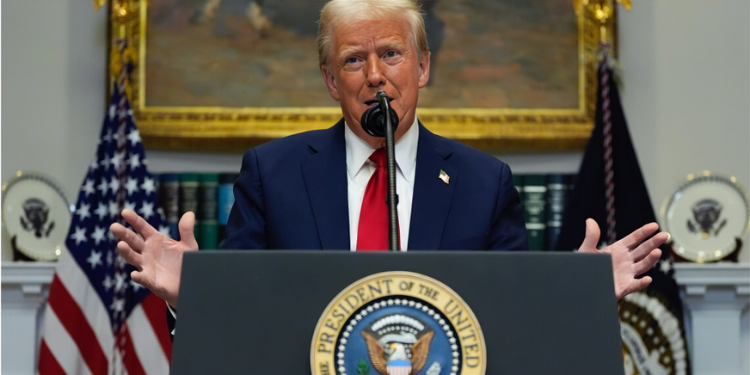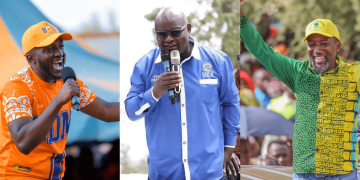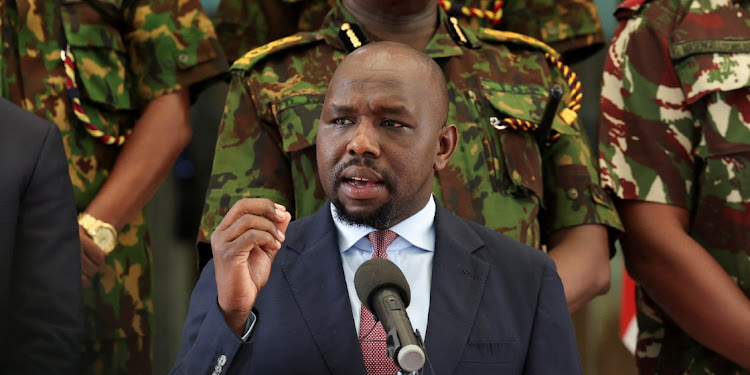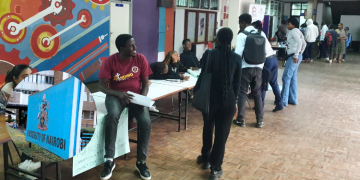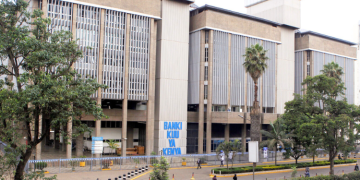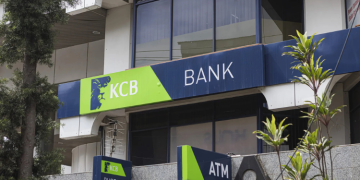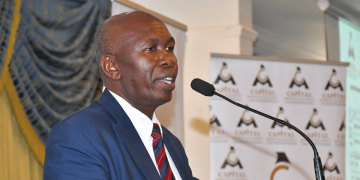WASHINGTON — The United States has ordered three Navy destroyers to the Caribbean as part of an operation targeting Latin American drug cartels, according to defense officials.
The USS Gravely, USS Sampson, and USS Jason Dunham are expected to reach waters near Venezuela within days. Two officials familiar with the move, who requested anonymity, said the mission could involve as many as 4,000 personnel, including more than 2,000 Marines and sailors. Supporting assets include P-8 reconnaissance aircraft, at least one submarine, and other naval vessels.
A Pentagon official confirmed the ships will operate in international waters and that the mission, planned to last several months, will focus on intelligence collection and counter-narcotics operations.
Trump Administration’s Policy and Rationale
President Donald Trump has pushed for greater use of U.S. military resources against criminal organizations in the region, calling them a direct threat to U.S. national security. Earlier this year, his administration classified Venezuela’s Tren de Aragua gang, El Salvador’s MS-13, and six Mexican cartels as foreign terrorist organizations, a designation typically applied to groups such as al-Qaida or ISIS.
Also Read: Donald Trump’s Govt Says Maduro Is Not the President of Venezuela
Officials argued the groups’ involvement in drug trafficking, cross-border crime, and migrant smuggling warranted the classification. Trump has repeatedly tied the spread of fentanyl and cocaine in U.S. cities to cartel networks and has pressed Mexican President Claudia Sheinbaum to take a harder line. Sheinbaum has rejected U.S. intervention inside Mexico, citing national sovereignty.
The administration also raised its reward for information leading to Venezuelan President Nicolás Maduro’s arrest to $50 million. Maduro was charged in U.S. federal court in 2020 with narco-terrorism and conspiracy to import cocaine, when the initial reward was set at $15 million.
Venezuelan Response and Escalation
CARACAS — Maduro responded by announcing the mobilization of 4.5 million members of Venezuela’s civilian militia. In a televised meeting with local officials, he called on militias to be “ready, activated, and armed,” promising deployments into factories and workplaces with “rifles and missiles for the working class.”
The government dismissed U.S. accusations of drug trafficking links as “fabricated” and “politically motivated.” Defense Minister Vladimir Padrino López called the allegations “absurd.”
Also Read: Truth Behind Trending Video of Venezuela Women Protesting Against & “One Man, One Wife”
Venezuela’s militia was created under former President Hugo Chávez to support the armed forces. Current estimates place the country’s active and reserve military between 95,000 and 150,000 personnel. The defense analysis group Global Firepower ranked Venezuela 50th out of 145 countries in 2025.
Diplomatic and International Implications
The United States and Venezuela severed formal diplomatic ties in 2019. On Tuesday, the White House repeated its stance that Maduro is not recognized as Venezuela’s legitimate head of state. Press Secretary Karoline Leavitt said Trump is prepared to use “every instrument of American power” to stop narcotics trafficking and hold those responsible accountable.
Mexico has drawn a firm line, with Sheinbaum refusing to permit U.S. military operations on Mexican soil. Venezuelan officials accused Washington of attempting to destabilize the country with “threats and misinformation.”
The Caribbean deployment is part of a broader strategy by the Trump administration, which has linked cartel activity to drug markets in U.S. cities and migration across the southern border. In recent months, U.S. forces have stepped up naval patrols in the Caribbean and expanded aerial monitoring of Mexican cartels.
Follow our WhatsApp Channel and X Account for real-time news updates
